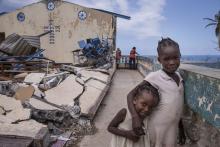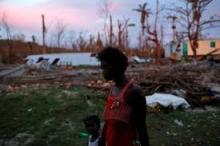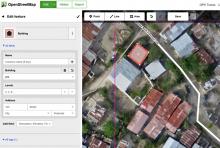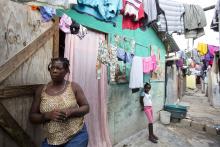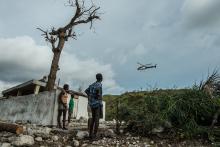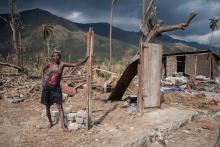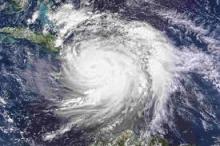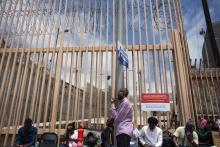Haitian Government, UN Launch Two Year Hurricane Response Plan
On February 6, the Haitian Government along with UN and other partners, launched a two year, $291 million response plan to help 2.4 million persons affected by the earthquake recover. The UN notes that the October hurricane was exasperated by pre-existing humanitarian, socio-economic and environmental vulnerabilities and disparities. In other words, these communities had many problems even before the Hurricane struck. The plan incorporates activities to promote the resilience of affected communities so they will be better prepared and better able to respond when the next hurricane comes. This being the Caribbean, there will also be another hurricane. The full response plan can be viewed here.
